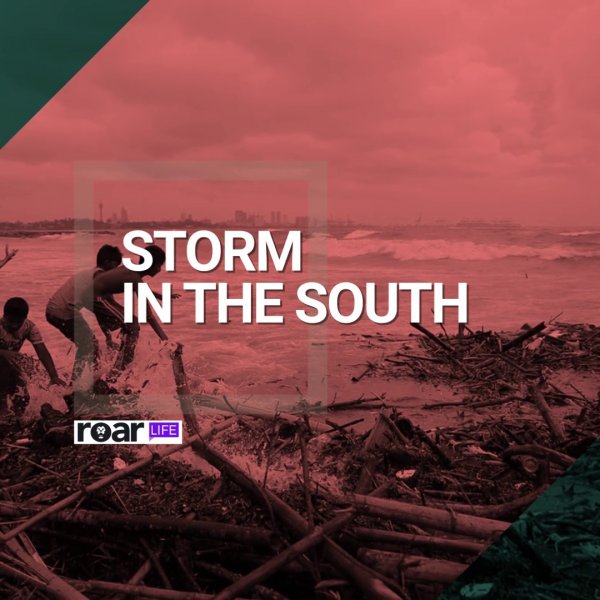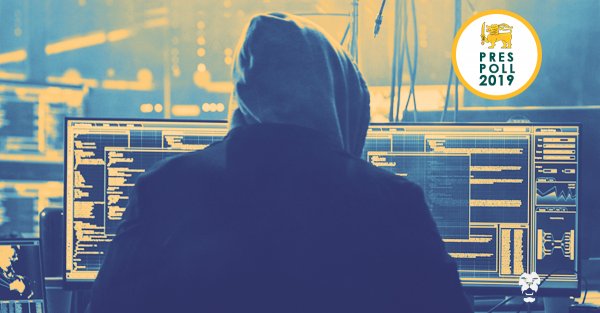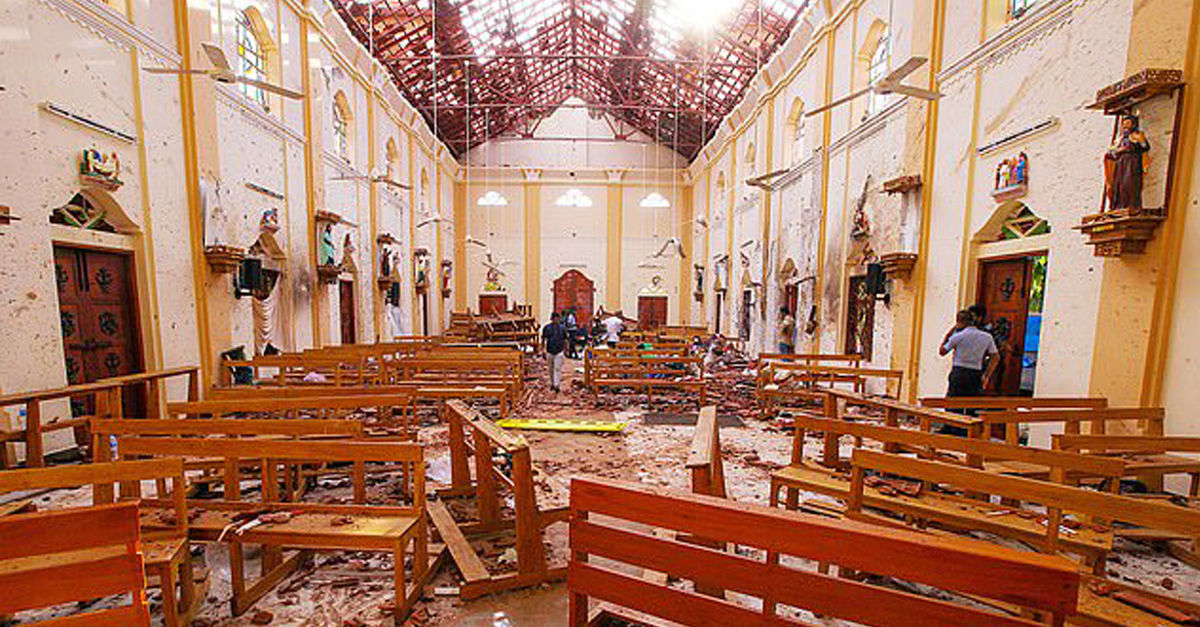
On Tuesday, April 23, sorrow turned to anger in Sri Lanka, when the Salafi jihadist militant group Islamic State (IS), claimed responsibility for the attacks that rocked the country on Easter Sunday. The group’s AMAQ news agency posted pictures and videoes of the suicide bombers, together with a short statement on the ‘blessed invasion’ that killed the celebrants of an ‘infidel holiday’ and the ‘citizens of Crusader coalition states.’
On Twitter, one of the few sites unaffected by the temporary ban on social media imposed by the government, users posted comments distancing Islam from the radical ideology of the IS. “This is making me angry. They are using my religion to create hatred. Allah will never accept such a thing,” one user wrote. Another labelled the attackers an “uncivilized group of cowards” that had performed an “unacceptable act in the name of Islam.”
The country seems largely cognizant of the fact that the attacks on Sunday were perpetrated by extremists, who do not represent the majority. In a special address to the nation, President Maithripala Sirisena reiterated the same: “Bear in mind, not every Muslim is a terrorist,” he said.
Failure Of The Government
The president also called for unity to combat global terrorism, and promised that there would not be a recurrence of violence. But faith in the President is at an all-time low. The failure of law enforcement authorities to inform both the President and the Prime Minister Ranil Wickremesinghe of intelligence reports that warned of possible attacks to Christian places of worship is being viewed as proof of the ineptitude of the administration.
The intelligence report in question contained detailed information that the leader of the National Thawheed Jamaath, a local Muslim extremist group, was planning suicide attacks, even pointing to Catholic churches and the Indian High Commission as possible targets. In Parliament yesterday, State Minister for Defense, Ruwan Wijewardene, confirmed that initial investigations had revealed the National Thawheed Jamaath was responsible for the attacks.
The State Minister also said the government was investigating “possible foreign links.” In a special address yesterday, Prime Minister Ranil Wickremesinghe said it was evident the group had undergone training and that the attack was planned with great secrecy. “Some have travelled abroad and returned,” he said. “It’s why we have asked for international assistance.” The comments came hours before the IS claimed responsibility, and the government is yet to officially acknowledge IS involvement in the attacks.
Implications Of Involvement
The implications of IS involvement in the Easter Sunday attacks are serious. In 2016, then Justice Minister Wijeyadasa Rajapakshe reported that 32 Sri Lankans had left the country to join the IS, but his concerns were trivialised. That same year, Indian intelligence reported that Sri Lanka had become a favoured destination for the study of fundamentalist Islamist Wahabism, but no action was taken to contain this growth.
The National Thawheed Jamaath too, is not unknown. Its leader Zahran Hashim was known for inciteful, hate-filled preaching that called for the total annihilation of other religions. The group was also responsible for damaging Buddhist statutes in Mawanella last year. Many in the Muslim community disagreed with the ideology of the National Thawheed Jamaath, with some Muslims even protesting against the organisation in Kattankudy in the Eastern province in 2017.
It is clear that going forward, the country will have to rethink its approach to extremist ideology, in any form or fashion.
Tense And On Edge
The country remains tense and on edge, as it becomes increasingly clear that security forces are still on the lookout for explosives planted at other locations. Prime Minister Ranil Wickremesinghe confirmed the fact, telling reporters yesterday, “There are still people on the run with explosives.” Police also said yesterday that they were on the lookout for a lorry and a minivan believed to be laden with explosives.
A State of Emergency still prevails, and a curfew was reimposed last night. Government schools and universities remained closed, but many in the private and public sector opted to continue with day-to-day activities. However, multiple reports of suspicious packages and persons have caused panic.
Security is beefed up across the country, with police and security forces conducting raids and patrolling the streets. To reduce suspicion, the Police requested vehicles owners and drivers to leave a telephone number taped to the windscreen of their vehicles before they leave them parked on the roadside. Meanwhile, in the interest of security, the Postmaster General has said he would no longer accept pre-sealed packages.
In Colombo, Negombo and Batticaloa, the families of the 359 killed have begun to bury their dead. At last count, the Foreign Ministry said 34 of those killed have been identified as foreign nationals, but 14 are still unaccounted for.
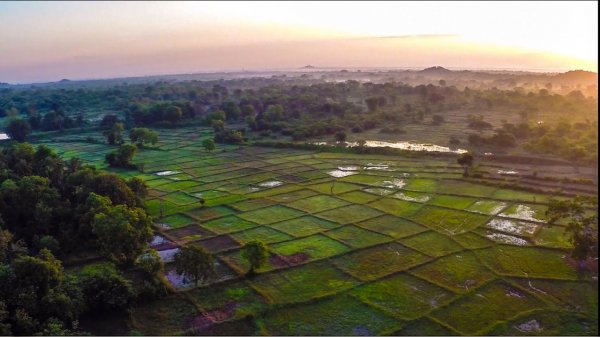
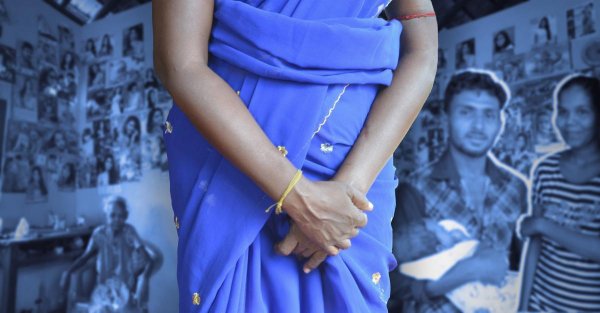
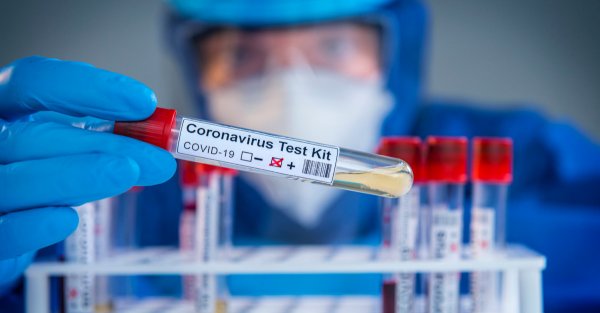

.jpg?w=600)
